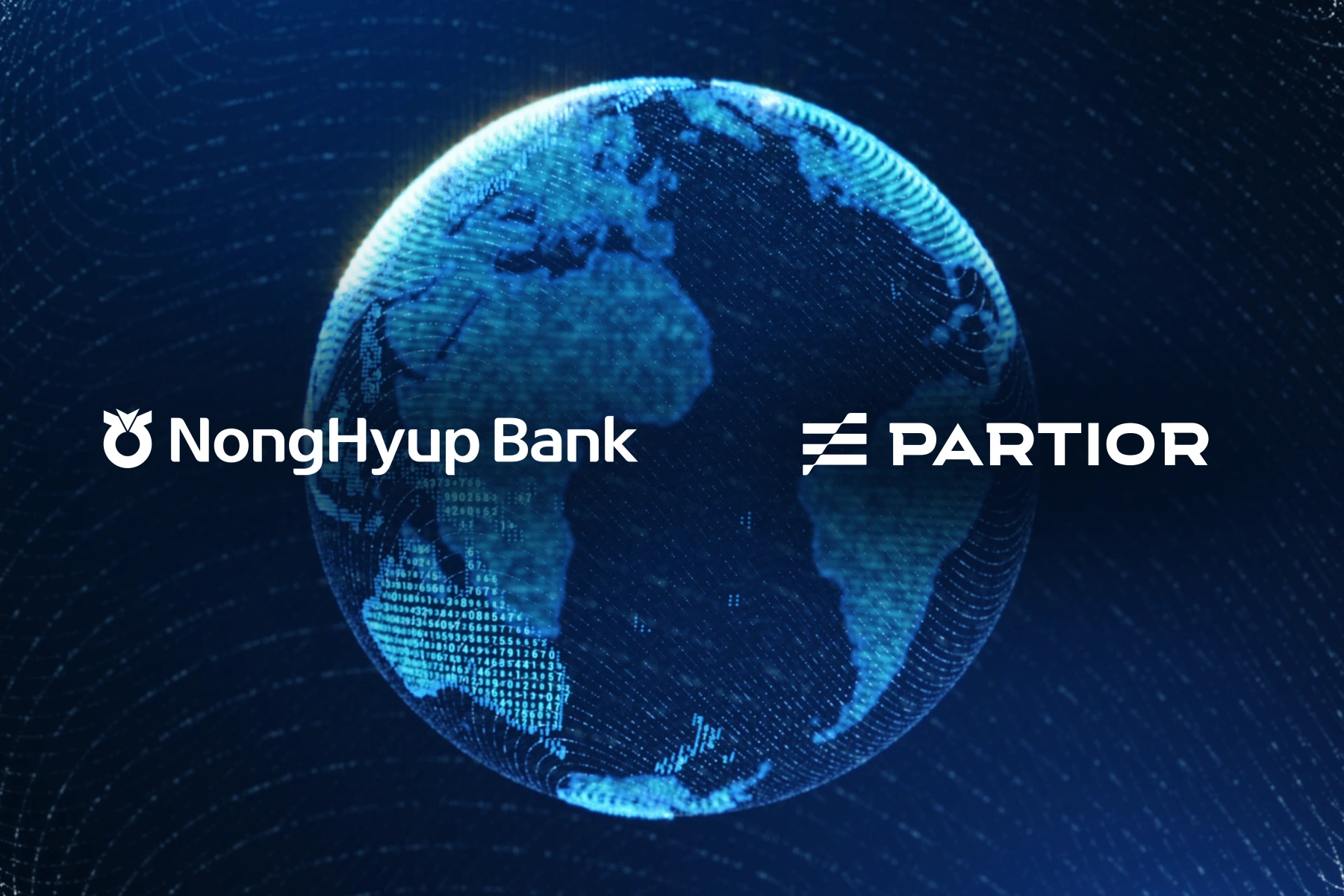
24K Magic: The Convergence of Innovation, Risk, and Profitability
The relationship between traditional banks and newer fintech companies continues to shape the landscape. Banks provide stability through their strong infrastructure and regulatory frameworks. Fintechs, fueled by innovation and agile technology, are redefining how financial services are offered. This interaction challenges old norms and opens new avenues for collaboration and growth.
We explore three key areas driving innovation.
1. Innovation or Disruption?
In today's rapidly-evolving financial landscape, traditional banks play a crucial role in ensuring financial stability by providing the necessary infrastructure and regulatory support that fintechs depend on. Established institutions serve as the bedrock of the financial system, ensuring security and trust. Meanwhile, fintechs introduce new ideas with greater agility. This partnership will drive true innovation that will lead towards a shared value proposition, rather than needing to disrupt the status quo. We will continue to see a mindset shift that fosters creative thinking while promoting public-private synergy.
2. Regulation, the Double-Edge Sword
Regulation can both hinder and drive innovation, necessitating a middle-ground approach to policy-making that manages risks effectively without stifling growth. However, market players must consider two pertinent questions: (1) how do we manage the risks we are facing; and (2) who is responsible for these risks internally.
Regulatory frameworks should also shift the focus from assigning blame, and look instead at creating a benchmark that the industry can work towards. Adaptive regulation ensures that new technologies and business models can flourish, while protecting consumers and maintaining the integrity of the financial system.
3. Customer Centricity = Long-Term Profitability
Prioritising customer value is key to achieving long-term profitability. Internally, firms must emphasise liquidity and effective working capital management to ensure the financial health and longevity of its business. Focusing on rapid growth alone is less sustainable unless firms prioritise use cases that meaningfully contribute to profitability. Regardless of its role in the ecosystem, firms must adapt their products and services to meet diverse and evolving market needs, with a commitment to financial inclusion. By placing customer value at the centre of their strategies, firms can build strong, lasting relationships and drive continuous improvement and innovation.
A 1% increase in international remittances as a percentage of the GDP can lead to a 22.6% decline in the poverty gap ratio and a 16.0% decline in the poverty severity ratio in the sample of 10 Asian developing countries from 1981 to 2014.
- International remittances and poverty reduction - Yoshino, Taghizadeh-Hesary, and Otsuka
Innovation for the Greater Good
Partior’s commitment in blockchain innovation lies in advocating for better partnership collaboration within the financial services ecosystem, with traditional banks and other fintechs alike. We believe in a framework that emphasises interoperability and harmonisation to create an environment where innovation can take place for the greater good. By combining strengths, embracing innovation, and adapting regulatory frameworks, the financial industry can foster stability, inclusivity, and a forward-thinking mindset.
Read more >
Driving Sustainable Regulation for the Blockchain Ecosystem



